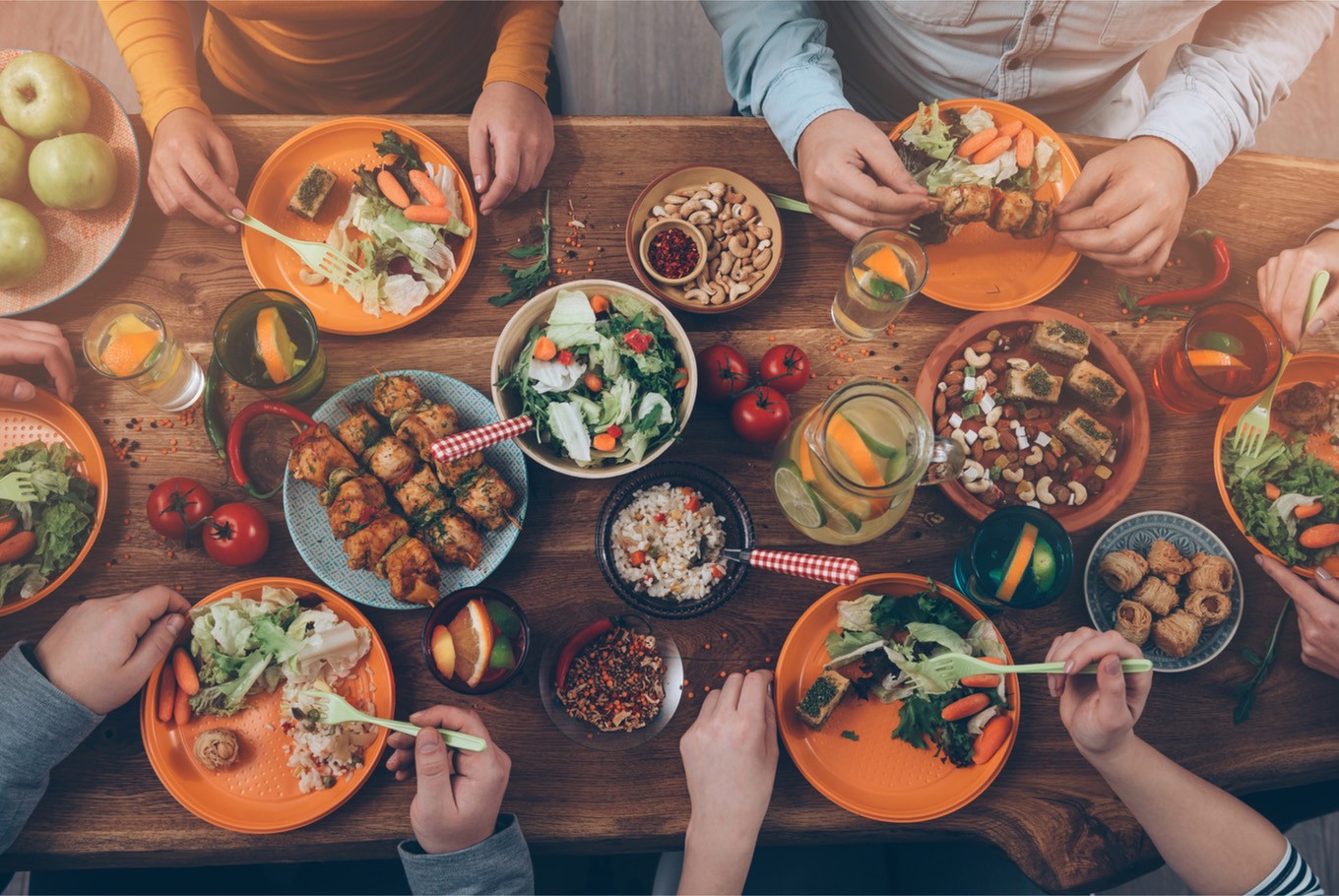Popular Reads
Top Results
Can't find what you're looking for?
View all search resultsPopular Reads
Top Results
Can't find what you're looking for?
View all search resultsFive mistakes people make when eating out
Change text size
Gift Premium Articles
to Anyone
I
t is the season of feasting, with temptations around every corner. If you give in, you could end up putting on weight that is hard to shed.
These are the top five mistakes people make when eating out, according to Dr Lim Su Lin, chief dietitian at the National University Hospital.
1. Choosing deep-fried foods
Many people often have at least one deep-fried dish. However, these items are often fried in oil that has been reused many times.
Such oil contains high amounts of saturated fat and harmful compounds produced by oil being reheated repeatedly at high temperatures, which may increase the risk of heart disease, high blood pressure, stroke and Alzheimer's disease. Tip: Minimise your intake of deep- fried foods. Go for steamed, stir-fried, stewed, baked, grilled, boiled and soupy dishes instead.
(Read also: Digging the meaning of Chinese New Year cuisine)
2. Ordering sugary drinks
If you take sugared drinks with your meals, they will easily add an extra 500 calories to your diet. Tip: Take plain water, unsweetened green tea or oolong tea, coffee without sugar or sugar-free soft drinks. If you order soupy dishes, you may not even need to order drinks.
3. Forgetting about fiber
Most dishes, especially one-dish meals, like a bowl of noodles, do not have adequate fibre and vegetables in them.
People who do not eat enough vegetables at mealtimes not only lose out on the goodness of phytochemicals but they also tend to over-consume carbohydrates and proteins.
This may lead to obesity. If you include vegetables in your diet, they will make you feel full and you will not crave for more food. Tip: For main meals, aim to fill half your plate with vegetables, a quarter with non-fried protein foods such as baked, steamed or grilled tofu, fish, lean meat or chicken without skin, and a quarter with carbohydrates such as brown or unpolished rice.
Ask for extra vegetables or order a small plate of vegetables to go with your noodles or rice dish. You may opt for a smaller serving of noodles or rice as the vegetables will help you feel full until your next meal.
(Read also: Royal 'gudeg' recipe attracts many in South Jakarta)
4. Getting unhealthy desserts
Many people like to end their meals with a high-calorie, high-sugar dessert. Tip: Opt for fresh fruit instead. Fresh fruit contains antioxidants and have fewer calories than sugary desserts. For example, a piece of fresh fruit has about 60kcal, while a bowl of chendol has 380kcal.
5. Eating even when full
Surrounded by tempting foods and well-meaning friends who want to introduce new dishes, people often overeat and continue to eat even when they are full. Tip: Stop eating when you are almost full. Push your plate away or get up from the table as soon as you feel satisfied. And spend more time with people who maintain healthy lifestyles.
This article appeared on The Straits Times newspaper website, which is a member of Asia News Network and a media partner of The Jakarta Post











